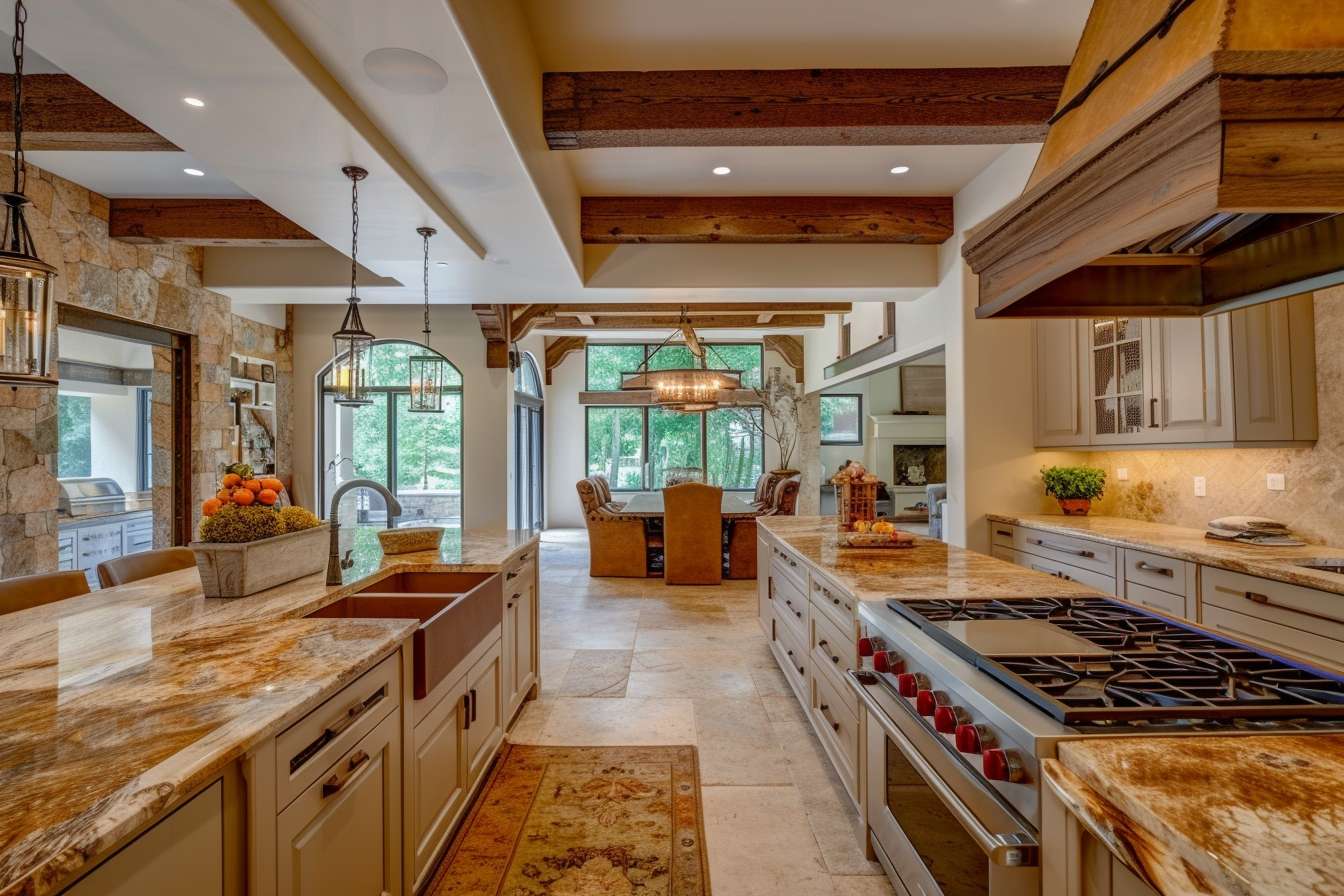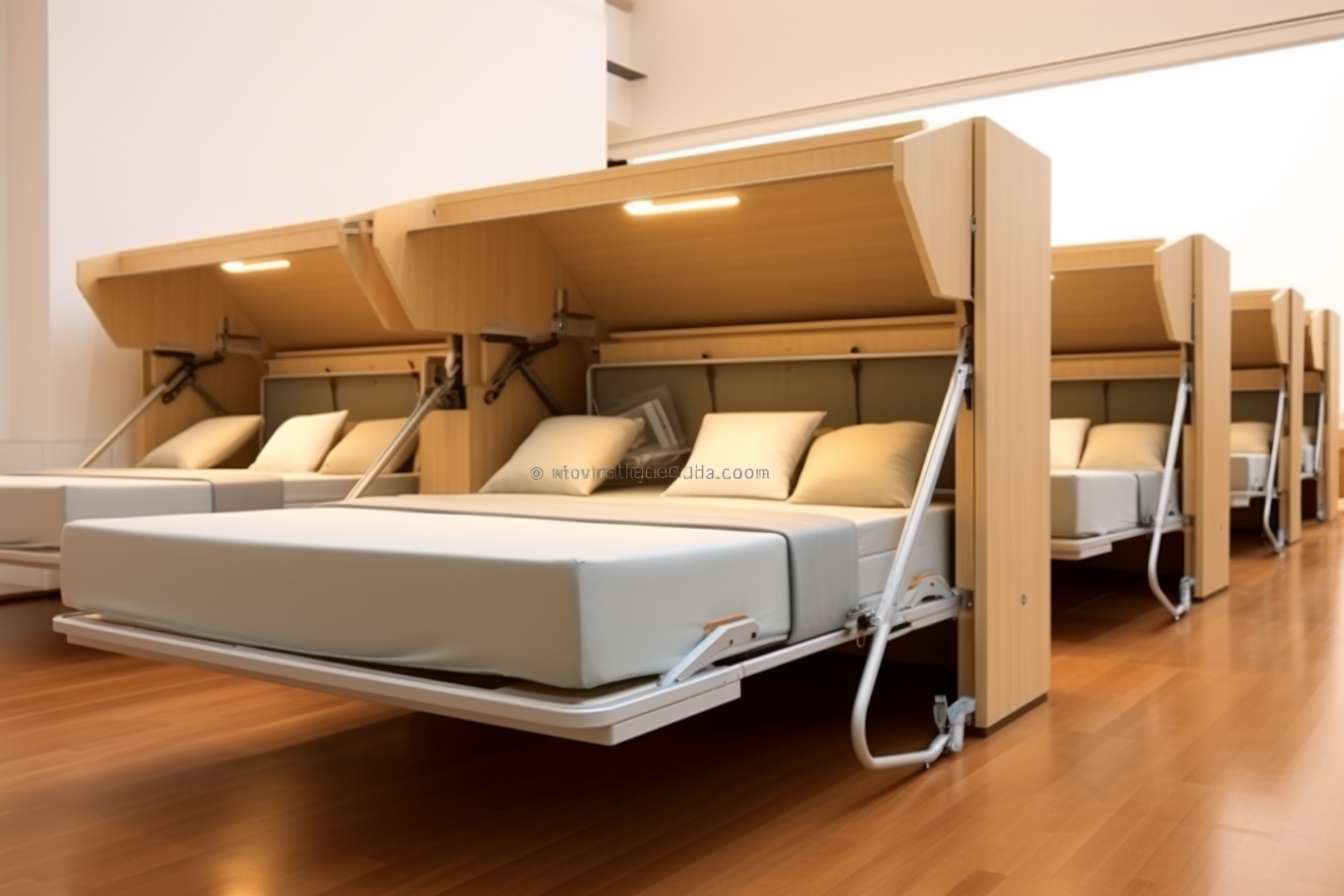Kitchen Remodelling: Essential Steps for a Successful Renovation
When it comes to updating your home, few projects have as significant an impact as kitchen remodelling. A well-executed kitchen renovation can enhance both the functionality and aesthetic appeal of your living space. This article will guide you through the key steps and considerations for a successful kitchen remodel.

Planning Your Kitchen Remodel
The first step in any kitchen renovation is thorough planning. Begin by assessing your current kitchen’s layout and identifying areas for improvement. Consider factors such as workflow, storage needs, and desired appliances. It’s also essential to establish a realistic budget that accounts for all aspects of the project, including materials, labour, and potential unexpected costs.
Choosing a Kitchen Layout
Selecting the right layout is crucial for maximising efficiency and space utilisation in your new kitchen. Popular options include:
-
L-shaped kitchens: Ideal for small to medium-sized spaces
-
U-shaped kitchens: Offer ample counter space and storage
-
Galley kitchens: Efficient for narrow spaces
-
Open-plan kitchens: Create a seamless flow between cooking and living areas
Consider your available space and cooking habits when deciding on the most suitable layout for your needs.
Selecting Materials and Finishes
The materials and finishes you choose will significantly impact both the aesthetics and durability of your new kitchen. Key elements to consider include:
-
Countertops: Options range from granite and quartz to laminate and wood
-
Cabinetry: Choose from various wood types, laminates, or painted finishes
-
Flooring: Consider durability and ease of maintenance alongside style
-
Backsplash: Select materials that complement your overall design scheme
When making these decisions, balance your personal style preferences with practicality and long-term durability.
Incorporating Storage Solutions
Effective storage is essential for maintaining an organised and functional kitchen. Consider incorporating features such as:
-
Pull-out pantry shelves
-
Deep drawers for pots and pans
-
Corner cabinet organisers
-
Vertical storage for baking sheets and cutting boards
Maximising storage space will help keep your new kitchen clutter-free and efficient.
Selecting Appliances and Fixtures
Choosing the right appliances and fixtures is crucial for both the functionality and energy efficiency of your kitchen. Consider factors such as:
-
Energy ratings for major appliances
-
Size and capacity requirements
-
Smart features and connectivity options
-
Water-saving taps and fixtures
Selecting high-quality, efficient appliances and fixtures can lead to long-term savings on energy and water bills.
Kitchen Remodelling Costs and Comparison
Kitchen remodelling costs can vary widely depending on the scope of the project, materials chosen, and labour costs in your area. Here’s a general overview of potential costs for different levels of kitchen renovations:
| Renovation Level | Estimated Cost Range | Typical Inclusions |
|---|---|---|
| Basic Refresh | £5,000 - £15,000 | New paint, cabinet refacing, minor updates |
| Mid-Range Remodel | £15,000 - £30,000 | New cabinets, countertops, appliances |
| High-End Renovation | £30,000 - £60,000+ | Custom cabinetry, luxury appliances, structural changes |
Prices, rates, or cost estimates mentioned in this article are based on the latest available information but may change over time. Independent research is advised before making financial decisions.
Hiring Professionals vs. DIY
While some homeowners may opt for a DIY approach to save money, kitchen remodelling often involves complex tasks that require professional expertise. Consider hiring experienced contractors for tasks such as:
-
Electrical work
-
Plumbing modifications
-
Structural changes
-
Custom cabinetry installation
For simpler tasks like painting or installing new hardware, a DIY approach may be suitable. Carefully assess your skills and the complexity of each task before deciding whether to hire professionals or tackle it yourself.
In conclusion, a successful kitchen remodel requires careful planning, thoughtful design choices, and attention to both aesthetics and functionality. By considering factors such as layout, materials, storage, appliances, and budget, you can create a beautiful and efficient kitchen that enhances your home’s value and your daily living experience.




